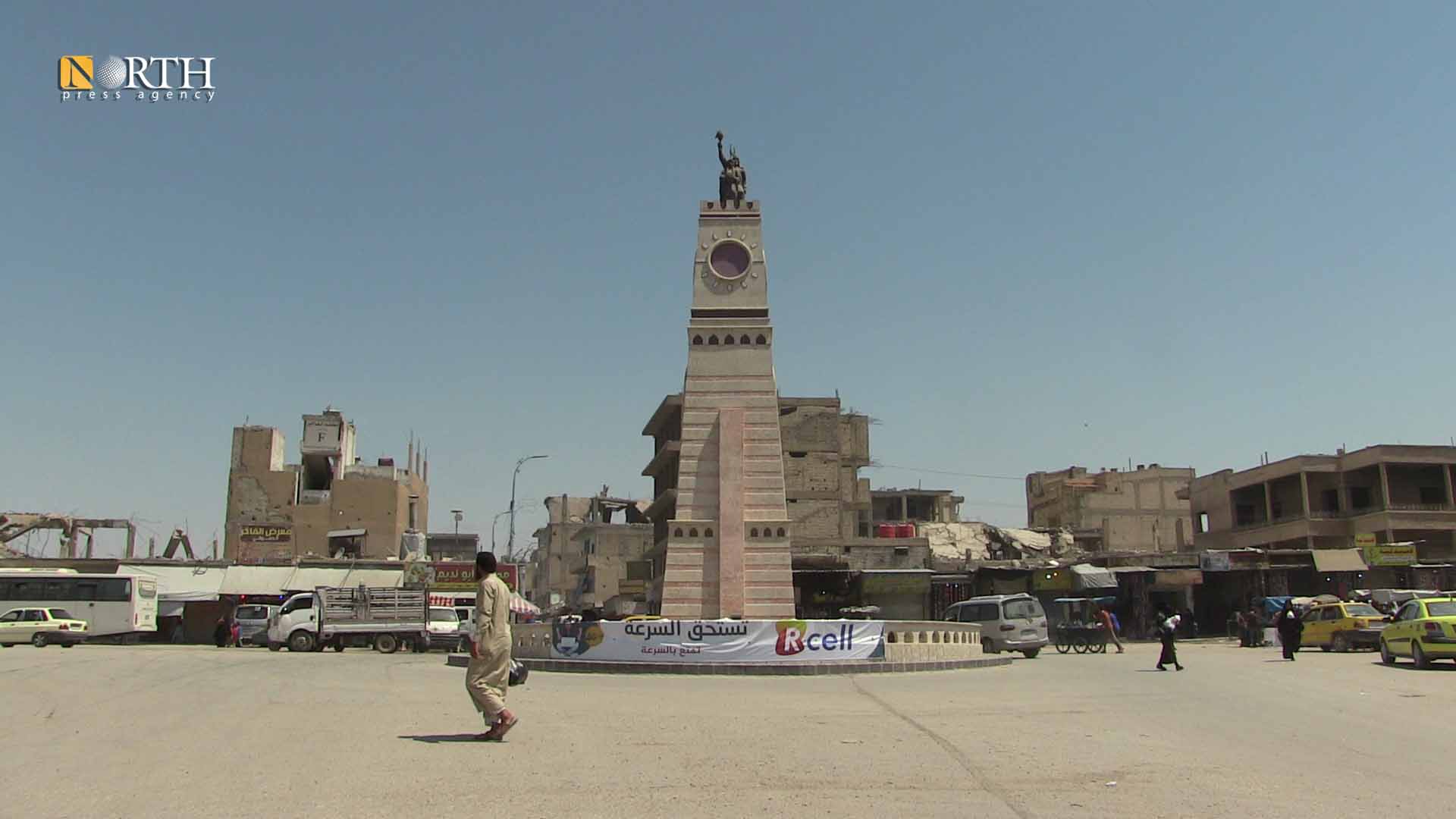Reducing food taxes boosts purchasing power: Syria’s Raqqa Chamber of Commerce
RAQQA, Syria (North Press) – Reducing or even canceling customs’ taxes on goods entering northeast Syria supports the purchasing power of the population, Marwan Hamadeh, co-chair of the Chamber of Commerce in the city of Raqqa, north Syria, said on Thursday.
The purchasing power is the amount of goods and services that can be purchased using one monetary unit, as purchasing power is linked to the exchange rate of the currency, so it rises with the increase in the currency price and decreases with its decrease.
The purchasing power in Syria has declined during a decade of war, and has been affected by the drop in the exchange rate of the Syrian pound against foreign currencies, including the US dollar, the main currency in global financial transactions.
“Areas of northeast Syria produce many raw materials, such as agricultural crops, and the Autonomous Administration can raise taxes on the export of these materials, and reduce or cancel them on foodstuffs or materials that are included in the food industries,” Hamadeh told North Press.
He noted to the need to facilitate procedures for importing foodstuffs, especially those that meet the basic needs of the population.
Hamadeh believes that merchants should also “contribute to raising the purchasing power of the population by reducing the profit rate on imported materials, which are sold in local markets, and avoiding monopolizing any material.”
UN reports indicate that more than 90% of the Syrian population lives below the poverty line after a decade of war and crises.
Poverty line is the level of income to meet the minimum living conditions, which the World Bank sets at $1.90, while the humanitarian needs of the population are increasing due to the war conditions.
In early July, the UN World Food Program tweeted that Syrian families are resorting to debt to buy basic necessities, reduce the amount of food they eat and buy it in smaller quantities.

